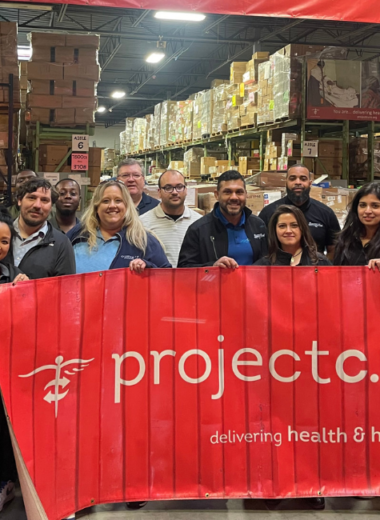Sitters provide soothe patients while observing for changes in condition, summoning clinical staff when necessary. Sitters frequently observe fall-risk patients and help them move, walk, or complete basic personal care tasks.
Hospital sitters improve patient experience in four primary ways:
Physical Support
These trained caregivers create engaged patient experiences to decrease the chance of injuries and falls. Hospital sitters certified in CPR, Basic Life Safety (BLS) de-escalation, infection prevention, and identifying patient distress make the patient experience even safer.
Sitters provide soothe patients while observing for changes in condition, summoning clinical staff when necessary. Sitters frequently observe fall-risk patients and help them move, walk, or complete basic personal care tasks.
Emotional Support
Hospital sitters also help reduce patients’ emotional stress. They provide constant support for patients who are antagonistic, distressed, or suicidal. These caregivers help hospitals give special attention to patients who could benefit from companionship, engagement, and another helping hand. This includes:
- New mothers
- Patients recovering from surgery
- Behavioral patients
- Pediatric patients
- Seniors
Hospital stays can cause anxiety and discomfort for any patient. Patients, particularly elderly ones, also run the risk of developing confusion or delirium during a hospital stay. High-trained and compassionate hospital sitters ensure a safe and dignifying experience. Trained to recognize distress, or changes in a patient’s condition, these caregivers know how to deescalate situations and involve clinical staff through rapid communications. Sitters also ensure patients are as comfortable as possible during their hospital stay through the power of connection; they engage patients in conversation, songs, and advocate for patients by involving other staff as needed.
Support for Families
Hospital sitters also provide support to families. Sitters provide necessary relief for patients’ families and loved ones, allowing these individuals to take breaks with peace of mind knowing a compassionate caregiver is still with the patient. When family members and loved ones are calmer and more rested, their experience with a hospital improves.
Support for Nurses and Other Hospital Staff
Hospital sitters ensure nurses can tend to their entire patient load – not just at-risk patients. Patient sitter assignments can be both boring and frightening for nurses given the unpredictable behavior of at-risk patients. In addition to minimizing potential risks by constantly monitoring the environment and patient status, patient sitters allow clinical staff to focus on clinical care.
Trained sitters provide around-the-clock staffing support even in periods of unpredictable demand, freeing nurses to perform other duties. Patient sitters impact patient experience directly through 1:1 care, but also indirectly by boosting nurse satisfaction which is linked to patient outcomes. Additionally, the expense to move clinical staff and clinical support staff to fill hospital sitting needs is significant. Patient sitter service providers like Crothall offers high-quality patient safety at lower cost.
Hospital sitters can have an impact on patient experience through a mix of direct patient engagement and healthcare staff support. Both scenarios positively impact patient experience creating a growing demand for patient sitter and observation services.
Related Posts
Let’s Talk About the Right Solution for Your Organization
Get in touch to discuss how Crothall Healthcare’s services and solutions can help your healthcare organization exceed its goals. You’ll learn more about:
- The transparency we bring to outsourced support services
- How we design customized solutions for your unique needs
- The technology and innovation Crothall delivers across all our services


